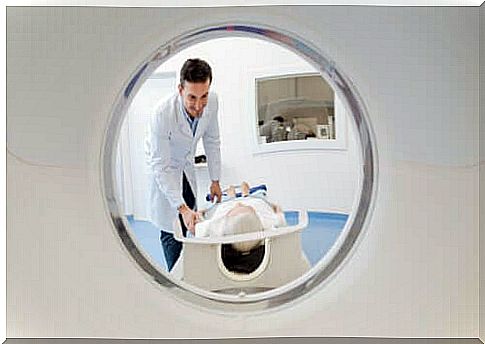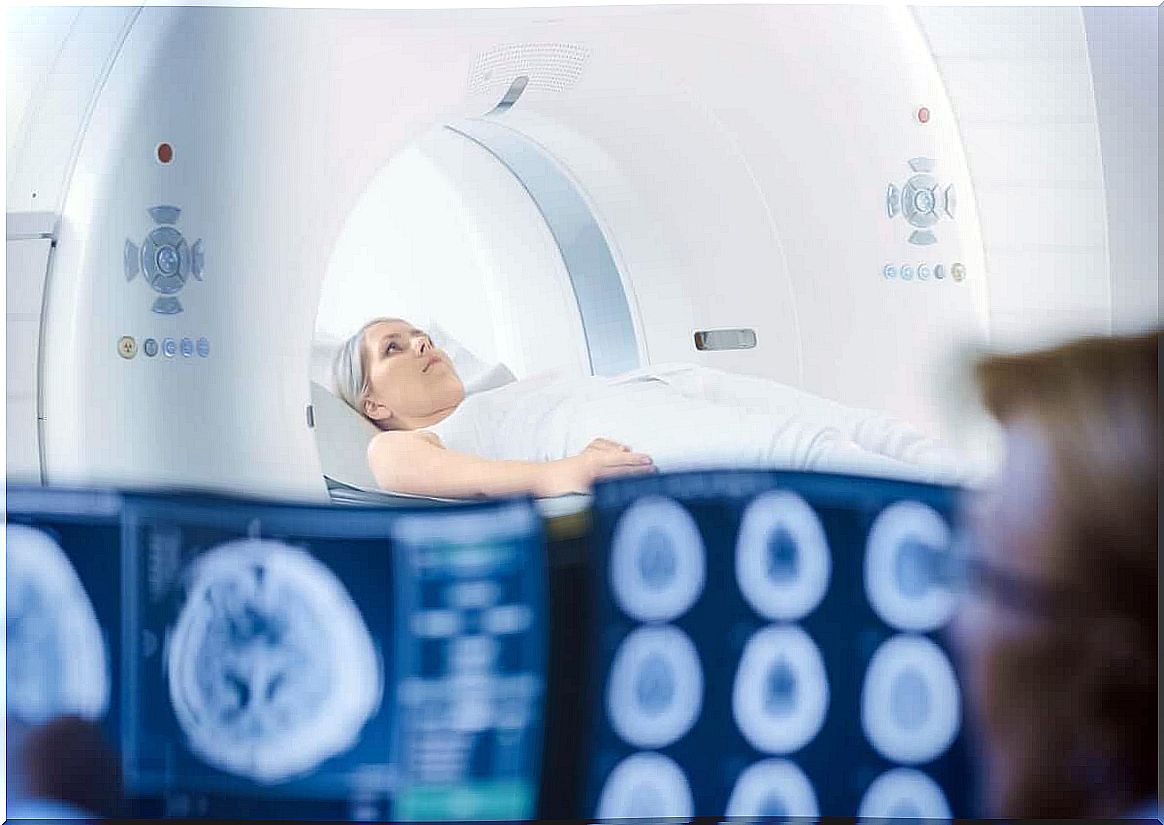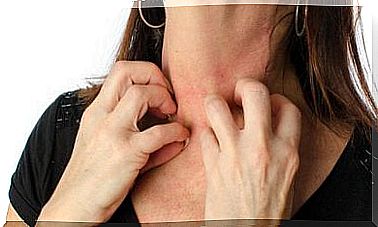Radiotherapy – How To Eat After And During It?

Neoplastic diseases are complex and require pharmacological treatment combined with diet. Complementary to these two aspects improves the prognosis. That is why we suggest how radiotherapy can be supported with an appropriate diet.
In recent years, the recommendations of oncologists have changed significantly. Previously, people opted for a low-calorie model and a lot of carbohydrates. A different approach currently prevails. Limiting sugars and certain micronutrients increases survival.
Radiotherapy and diet
Dietary supplementation with radiation therapy is intended to reduce the side effects of the treatment and increase its effectiveness. A ketogenic diet can be used for this, especially if the tumor is being fed glucose.
According to a study published in Molecular Metabolism , restricting carbohydrate in the diet supports the fight against cancer and inhibits tumor growth. However, it is worth looking at the specific recommendations of nutritionists to avoid side effects of the treatment.

Dry mouth
Often, anti-cancer therapies make the mouth feel constantly dry. To prevent this from happening, you should consume small amounts of water on a regular basis. What’s more, avoid dry foods – fatty sauces and grinding food can help.
Inflammation of the mucosa
Inflammation of the mucosa covers the entire digestive system. In such a situation, the priority is to avoid acidic foods such as citrus fruits. Hard products are also not recommended. Better to replace them with cool foods that have a mild analgesic effect.
Swallowing problems
When it comes to dysphagia, it’s best to divide meals to avoid large volumes. It can be helpful to exclude hard foods like meat from your diet.
An effective strategy is to puree the food and drink water with your meals.
Loss of appetite
Cancer treatments often cause loss of appetite, according to a study published in Support Care in Cancer . Therefore, it makes sense to divide the daily calorie supply into small meals.
While it has traditionally been recommended to go for carbohydrate-rich foods, this strategy is now being called into question.
Diarrhea
The last side effect of radiation therapy is diarrhea. To avoid it, it is worth consuming fermented milk products and soluble fiber contained, for example, in apples. Probiotics such as yogurt effectively support the work of the intestines, which has been confirmed by research.
When the abdomen is under radiotherapy, diarrhea is much more likely. Therefore, more specific actions should then be taken.
It is crucial to lower the fiber content of the diet and to consume moderate amounts of fat and milk. However, large amounts of fluids are advisable.
Nutrition after radiation therapy
After radiotherapy, it is worth following dietary recommendations aimed at stimulating the autophagy process and improving the functioning of the entire body. Intermittent fasting may be helpful, as it lowers the risk of relapse, according to studies.
On the other hand, it is recommended to limit the consumption of highly processed foods. Trans fats and preservatives are not good for your health. It is worth choosing fresh products such as vegetables, meat or fish.
Alcohol and carbonated drinks are not recommended. The latter contain a lot of sugar and artificial sweeteners, which negatively affects the physiological processes.

Radiotherapy – a healthy diet complements this method
Nutrition can alleviate the side effects of radiation therapy. What’s more, it supports its operation as long as you eat high-quality products and limit the supply of harmful ones.
Therefore, if you suffer from an oncological problem, see a specialist. It will help you develop a dietary plan to complement your drug therapy. Thanks to this, the prognosis will improve.









